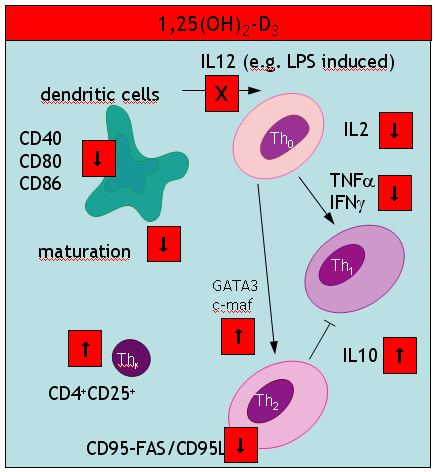Certainly one of the best web resources for pharmacogenetics is the PharmGkB database that collects all kind of data about the relationships among drugs, diseases and genes. Of course you could sequence your genome or run expression profiling on a liver sample. However, you are probably here to find out what (serious!?) pharmacogenetic tests are already on the market.
Much can be said about the usefulness of such tests; I have doubts if there will ever be such personalized treatment as I can foresee some logistic problems to validate it ;-) More likely are group based therapies, maybe restricted to geographic ancestry. Here is a (first and very) preliminary collection of commercially available pharmacogenetic tests:
- CYP2D6, CYP2C9 and CYP2C19 collectively account for about 40 percent of drug metabolism mediated by cytochrome P-450 (Roche). The AmpliChip CYP450 Test is the world’s first pharmacogenetic microarray-based test approved for clinical use. CYP2D6 metabolizes codeine into morphine. A variation in CYP2D6 varies with race and leads to a lower elimination rate of the antidepressants Prozac (a selective serotonin reuptake inhibitors); the alternatively used drug Celexa is metabolized by CYP2C19 (as well as omeprazole). Other examples include clopidogrel (metabolized by CYP3A4) and cyclophosphamide (by CYP2B6) and vitamin K (by CYP2C9)
- NAT2*5A, NAT2*6A, NAT2*7A/B and NAT2*14A carriers are rapid and slow acetylators for example of isoniazid or procainamide (Roche)
- HER2+ women may get herceptin (Roche, Bayer, PathVysion)
- TP, DPD are the rate limiting catabolic enzymes of 5-fluorouracil metabolism (Roche)
- Mitochondrial A155G variants are tested for aminogylcoside side effect (Humatrix)
- A Warfarin sensitivity test will be in clinical use next year (Kimball Genetics). It will test for variations in CYP2C9 and VKORC1
- An UGT1A1 gene variant is associated with leukopenia if prescribed camptosar, a drug for colon cancer (Oncoscreen)
- A TPMT variant is associated with slow metabolism of 6-mercaptopurine, used in the treatment of childhood leukemia and inflammatory bowel diseases (Pharmaco-Gendia)
- Epigenomics is currently developing tests based on DNA methylation
- Tyrosine kinase inhibitor gleevec inhibits the ABL, ARG, SCF/KIT, and PDGFRA and PDGFRB kinases in CML. Mutations in ABL can arise as secondary mutations in previously sensitive leukemias (Pharmaco-Gendia)
Needless to say that I have excluded here specific HIV mutations that may induce resistance to particular drugs (as I learned last week on a bioinformatics meeting here by Thomas Lengauer). I have also excluded all kind of sex-specific marker (e.g. SRY testing) and the whole nutrigenomics stuff.
Who knows more, for example about lansoprazole effectiveness, UGT1A9 and mycophenolic acid, UGT1A1 and irinotecan, COMT genotype and amphetamine response, pharmacogenetics of COX-2 inhibitors, and GRP78 responsiveness to chemotherapy? Is there any commercial test available for these genes? It seems that somebody should start a wiki on that, yea, yea.
Addendum 31-12-09
Here is another gene list; only 6 tests have been approved by the FDA; Nature reports about Oncotype DX and Prostate Px as well as MammaPrint. See also an UK based paper
HLA-B*5701 was most commonly tested to identify those at risk of abacavir hypersensitivity among patients with HIV. A number of barriers to testing were identified, including lack of clinician knowledge and a lack of scientific evidence.
CC-BY-NC Science Surf
accessed 18.02.2026


